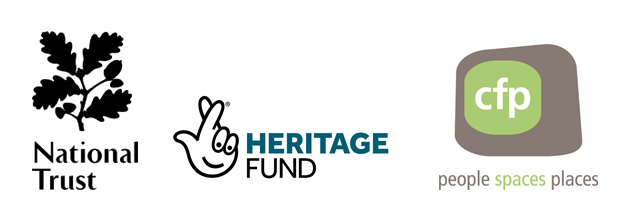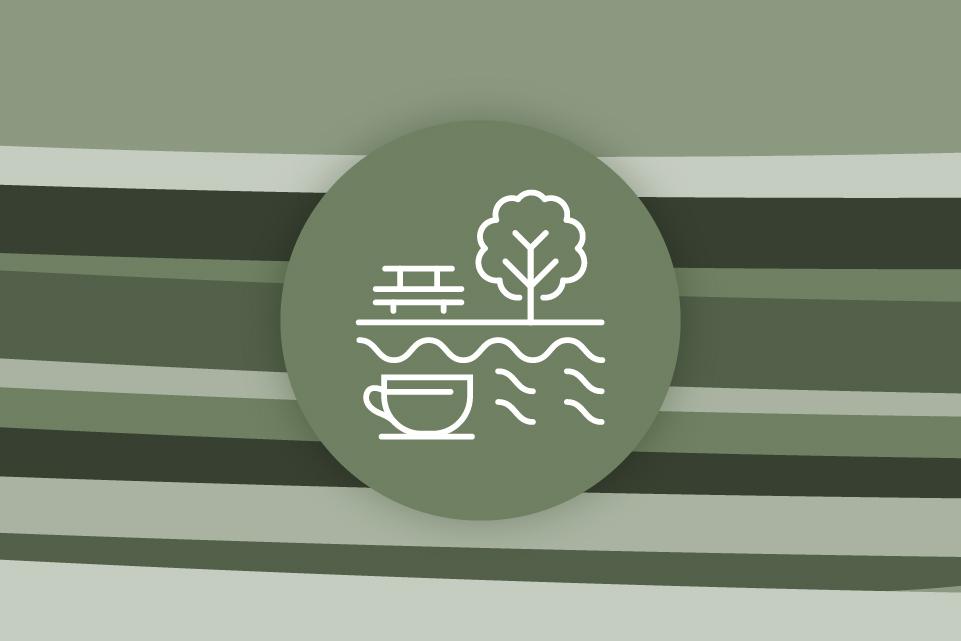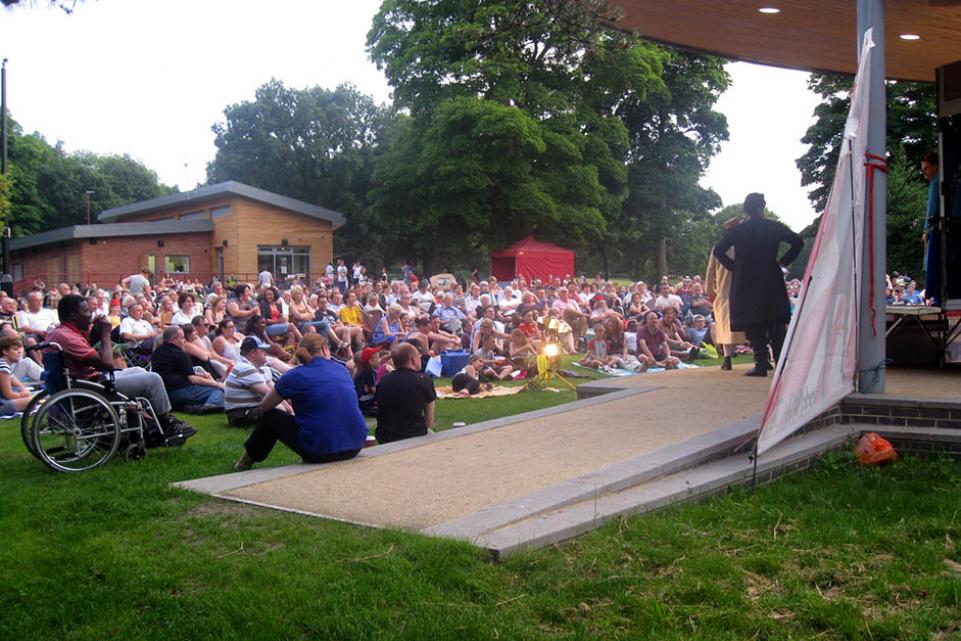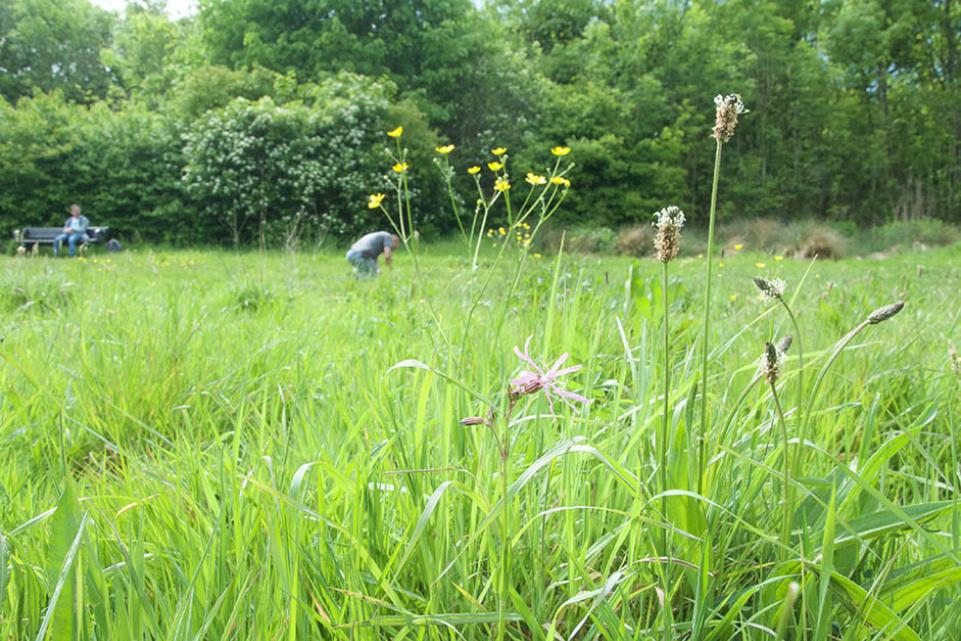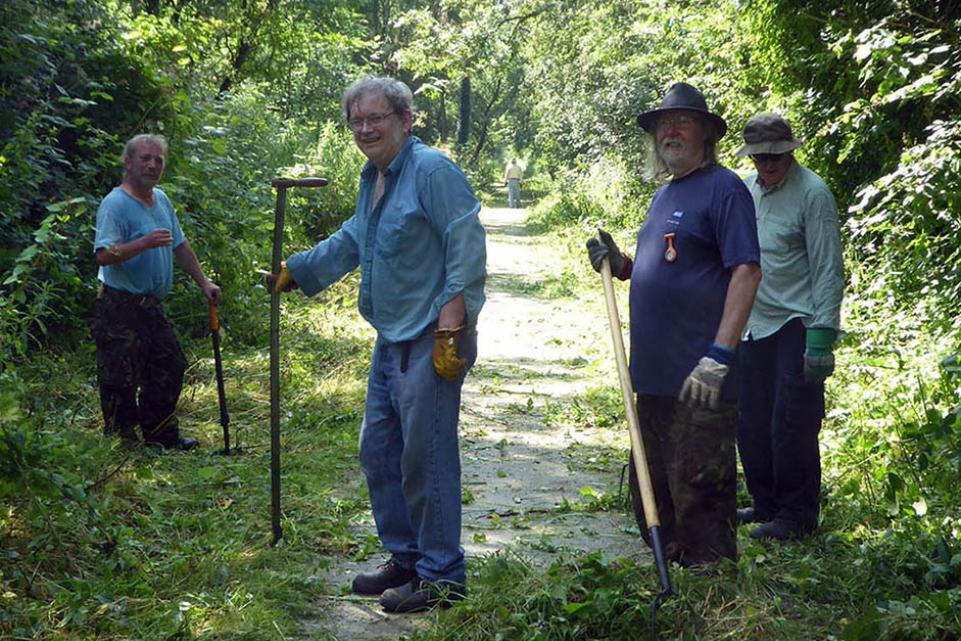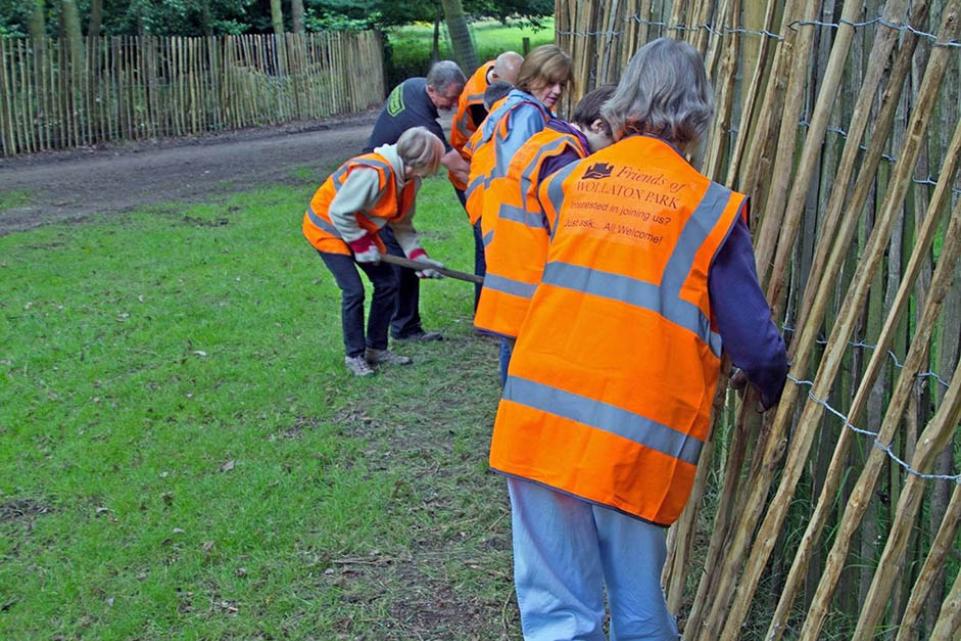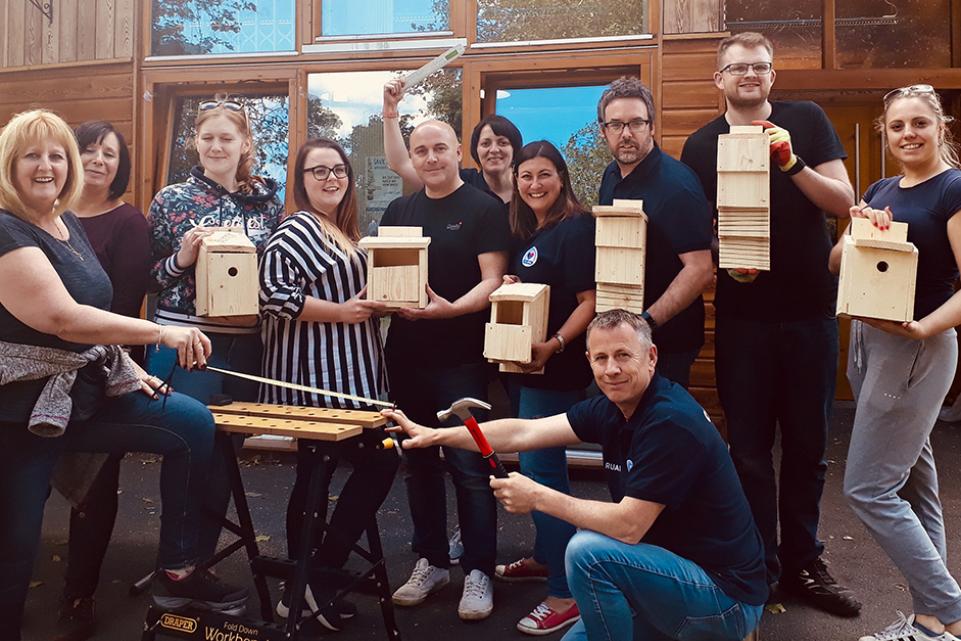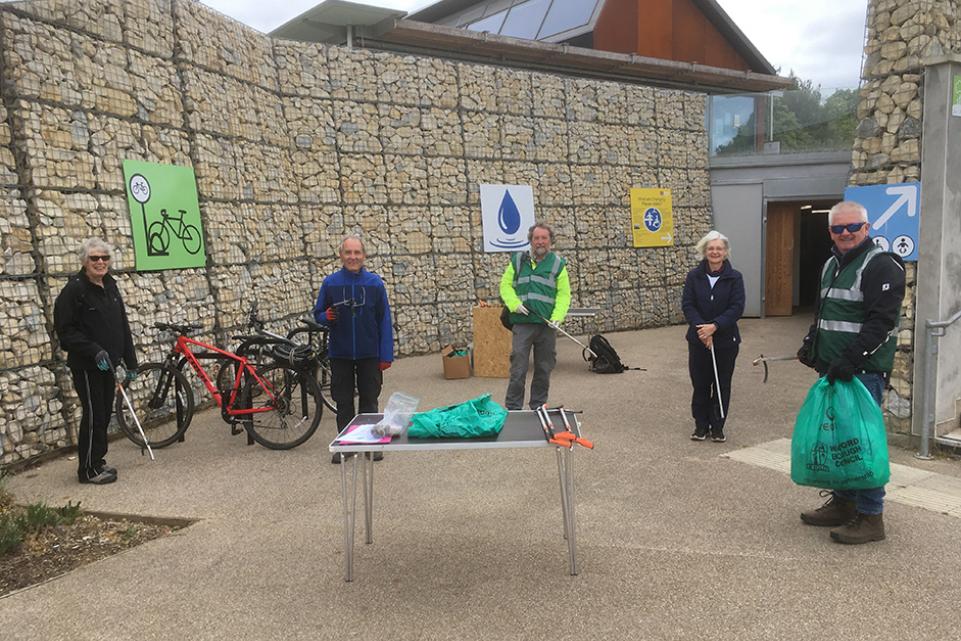Our local parks have been lifelines during the national lockdown. However, whilst they remained open, the pandemic has had a devastating impact on council parks services and income generation. Now, we must ensure we invest so they are fit for the future and enjoyed by communities.
The Government announcement on 23 March 2020 that parks will remain open during the national lockdown to enable individuals to do one hour of exercise a day has propelled parks into the nation’s hearts and minds, proving their status as lifelines for local communities. However, whilst they remained open, the pandemic has had a devastating impact on council park services. The loss of external income due to the closure of facilities in parks and the loss of in kind volunteer contributions have left parks services in a vulnerable state.
The Local Government Association and the National Lottery Heritage Fund co-funded the research of six case studies demonstrating the financial impact COVID-19 has had on council parks services. The case studies looked at the projected income budgets pre-COVID-19, the loss of income generation, and the forecast outlook for the remainder of the financial year.
Parks have suffered a devastating loss of income
The findings demonstrate a large variation in loss of external income between the six case studies, ranging between £87,000 and £8.8 million. Council parks services, which are more reliant on commercial opportunities, have been badly affected by COVID-19. Key sources of loss of external income include sponsorship opportunities, outdoor events, car parking charges, sports bookings and visitor attractions, which ceased or were closed during the lockdown period.
On-going financial impact
Despite many facilities reopening, it is anticipated that there will be a continued loss of income as a direct result of the need to employ more staff or reduce visitor numbers to comply with social distancing guidelines. Many council parks services have also incurred additional operational costs relating to the provision of signage, Personal Protective Equipment, enhanced cleansing regimes and the purchase of new equipment. Additionally, capital projects have been impacted and the lockdown has led to a backlog of work. The lockdown period resulted in the temporary cessation of volunteering to protect volunteers many of whom were shielding - the loss of in-kind volunteer contribution to parks services has been significant, ranging between £12,000 and £1.56 million across the six case studies.
Healthier lives and greener places to live
Although the pandemic has been challenging there have been some unexpected benefits including increased biodiversity and an enhanced awareness at national and local level of how important parks and green spaces are to communities and how they benefit people's health and mental wellbeing. In addition, it has helped to develop a movement towards making the recovery a green one for example, there are now greater links between parks and their contribution to active travel and it has pushed climate change up the agenda. In many of the case studies, parks were featured in the council’s COVID-19 recovery plans.
Getting more people cycling and walking
The Government has already committed to spending £2 billion in this parliament on cycling and walking. During the first national lockdown period, many people used their hour of exercise to enjoy our public parks and green spaces, with Sport England data showing 30 per cent of people being more active during this time. As we invest the £2 billion in active travel, we must ensure that our parks and green spaces are fully connected to these plans and invested in. Building on the success of the Green Chain Walk and Thames path in London, when connected up, these spaces can make a powerful contribution to tackling obesity and getting more people active and improving mental wellbeing.
people were more active during the first national lockdown
Investing in our parks fit for the future
The way in which parks are funded has changed significantly over time. Since 2010 core council funding has reduced by over £250 million and the reliance on commercial income, fees and charges has increased. As these case studies show, this income has dropped to near zero during the pandemic.
It is going to take time to return to previous levels of income generation following Covid-19, particularly in terms of festivals and events, which attract large audiences. But parks have shown their importance to communities, especially during a period of crisis. They provide a cheap and cost-effective way to get people active, reduce obesity, boost mental wellbeing, and strengthen immune systems. At the same time, they can help act as green corridors for wildlife, refuges for pollinators, act as sustainable drainage systems, and mitigate the impact of air pollution.
Research by Public Health England has revealed that the most vulnerable do not have equal access to green space. We must ensure that parks are accessible and are in a good state to support everyone in the future, that is why we are calling on the Government to introduce a local, flexible £500 million Green Parks Fund to help unlock small scale, affordable initiatives to help the nation’s parks and green spaces recover and flourish, help to reduce obesity; ensure a healthier, more active nation in the future; reduce our carbon footprint; and prepare our communities for the inspiration provided by the Commonwealth Games.
Improving access to greenspace (PDF) - Public Health England
Comprehensive Spending Review 2020: LGA submission


